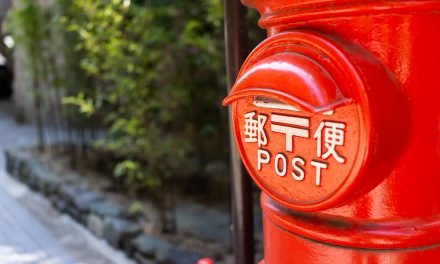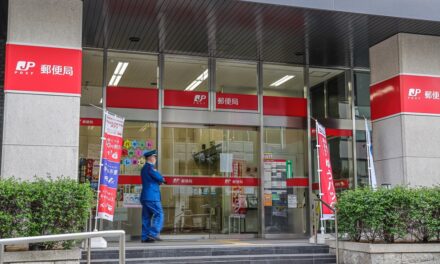
Ambassador Pledges Scrutiny of Japan Post Privatization
The United States would file complaints with the World Trade Organization if it determines privatization plans for Japan Post constituted new barriers to trade, the top U.S. trade negotiator pledged, responding to congressional complaints the administration was overseeing a "wimpy" trade policy.
The comments from U.S. Trade Rep. Susan C. Schwab came during hearings by the House Ways and Means Committee on the current trade agenda. U.S. life insurers with substantial commitments to the Japanese market — notably Aflac Inc. and Prudential Financial Services — have raised concerns about the privatization "road map" unveiled last August for Japan Post's life insurance segment, claiming it violates agreements that the unit not expand its product offerings until it is made to comply with the same rules that govern all other insurers.
Those concerns were echoed by committee members Reps. Richard E. Neal, D-Mass., and Earl Pomeroy, D-N.D., who demanded to know whether the administration considered the plan a violation of Japan's commitments to provide national treatment under the General Agreement on Trade in Services, with Pomeroy declaring "not only have we been wimpy in negotiating, we are wimpy in trade enforcement."
"(One issue) I think reflects upon the array of areas where trade enforcement has been lacking is the privatization of Japan Post, exposing a USD50 billion a year life insurance presence in Japan," said Pomeroy, a former North Dakota insurance commissioner and president of the National Association of Insurance Commissioners.
In October 2007, the government-run postal system will be broken into four units, wholly owned by a government holding company, with the Kampo and Yucho segments becoming the world's largest life insurer and savings bank, respectively. The life insurance unit would operate as an independent company called Kampo Seimei Hoken in Japanese and Postal Insurance Corp. in English. The PIC would debut with assets totaling 114.59 trillion yen (USD953.9 billion) and anticipates first-year earnings of 77 billion yen (USD641 million) in fiscal year 2008.
Under Japan's 10-year implementation plan for privatization, PIC will see an initial public offering for a limited number of shares on the Tokyo Stock Exchange in late 2011, with the government's remaining shares to be sold off in subsequent offerings over a five-year period. But it's the plan's proposal that the PIC be allowed, as early as this fall, to branch into new product lines, such as accident and medical insurance, and to increase the permitted face values of its life insurance products that is drawing concern from the U.S. life industry.
"There is a growing concern that the Japanese government will permit financial giants of the Japan Post to begin selling insurance products of the private sector before the new entities have demonstrated they fully comply with all the rules, and come under the same supervision that apply to private companies," Neal said.
Schwab said her office was tracking the status of Japan Post privatization "very closely," and noted she already has raised concern about the possibility of "an unlevel playing field" with the last two Japanese trade ministers.
"We will continue to raise it, and we will make sure that either they are ideally going to do it in such a way that they're not creating new barriers to trade that would be in violation, in contravention of their WTO commitments, their GATS commitments, or we will, if necessary, seek litigation," Schwab said.
In its road map, Japan Post Corp. cited the need to branch into new and more profitable areas as a precursor to privatization, arguing such expansion is necessary to draw investors' interest in the life insurer.
Among concerns raised by private life insurers are Kampo's current exemptions from taxes and from obligations to contribute to guaranty funds, as well as the fact that regulators historically have allowed Kampo's contracts to differ sharply from those written in the private sector. Questions also have been raised regarding openness of the planned holding company's operations, with private companies seeking full disclosure of the postal entities' financial and accounting practices to prevent cross-subsidization.
"We need to make sure that, with this transition in Japan, there is a level playing field at the end of the day and that U.S. rights under the WTO that Japan has allocated are not eroded by this change," Schwab told the panel. "We will continue to work with the Japanese to make sure that happens."
Founded as the Postal Life Insurance Service in 1916 to serve rural and poor Japanese, Kampo now controls some 40% of the Japanese life market. According to the ACLI, U.S. life insurers account for USD38 billion a year in policy premiums in Japan.












